A recent post "How money is created in Canada"... which needs more detail than a small screenshot and a terse comment can provide.
The Bank of Canada functions similarly to the Fed (a clearinghouse, but with quasi-political mandates stapled to it)... but unlike the Fed, the BoC is unusually clearer in their language (Probably a result of not being the perceived CEO of the global reserve currency).
In Canada "reserves" are called "settlement balances". Per the BoC's communications - COVID QE response communication):
Our economy depends on credit. When the financial system is working, households and businesses have access to credit. For example, people might take out a mortgage to buy a house or use a line of credit to pay for their child’s braces. And companies may need money to expand and create jobs, so they might borrow from investors through financial markets.
This is also true of USD globally. It's mostly credit.
So, when the Fed issues "reserves" as part of QE, it's often labelled as "money printing", but when Canada issues "reserves" under a QE program? Well:
How are we paying for these assets(QE)? There is a common misconception that we are just printing money, but this isn’t the case. We pay for these purchases with settlement balances (reserves). In effect, settlement balances act like loans from financial institutions to us. When we buy assets, we borrow from financial institutions by crediting them with a deposit of settlement balances in the accounts they have at the Bank of Canada.
Canada is clear that their reserve issuance isn't money printing. What actually takes place, is that commercial banks/primary dealers buy the assets first (sometimes utilizing pre-existing "settlement balances", but mostly via wholesale market funding).
This wholesale market is broadly dollar based (USD) and is often called the eurodollar or shadow banking system... in reality, it's just a network of interconnected global banks and bank-like institutions.
Canadian dollar supply relies on the ability of Canadian banks to obtain funding via exchange, swaps, repo, etc.. and importantly; collateral. Collateral is required for most of these activities. This global funding market is one of the primary sources of balance sheet expansion (for all global banks).
Canada is inextricably tied to this global US dollar funding system, where USD denominated collateral is king. We have a close relationship and active trade with the US, but we are greatly at risk of an inability to generate/obtain/participate in dollar funding. As per the BIS, the implications for financial stability are hard to assess... and indeed they are, as Canada (and the world) will be more and more sensitive to currency and maturity mismatches, and collateral shortages going forward.
Alright.. and now a geopolitical opinion (I'm just a banker, so grain of salt):
Canada will likely be the first G7 country to implode via an inability to participate in dollar funding markets (although this may take a while). Our implosion is less likely to occur via Canadian government/household debt levels than it is due to constraints imposed by collateral shortages at the wholesale level (we'll pop before anyone else in the G7.... However, we are also more likely to see further sovereignty erasure, and greater vassal-ification by the US or other entities abroad... before anything resembling a total default).
[link] [comments]

You can get bonuses upto $100 FREE BONUS when you:
💰 Install these recommended apps:
💲 SocialGood - 100% Crypto Back on Everyday Shopping
💲 xPortal - The DeFi For The Next Billion
💲 CryptoTab Browser - Lightweight, fast, and ready to mine!
💰 Register on these recommended exchanges:
🟡 Binance🟡 Bitfinex🟡 Bitmart🟡 Bittrex🟡 Bitget
🟡 CoinEx🟡 Crypto.com🟡 Gate.io🟡 Huobi🟡 Kucoin.
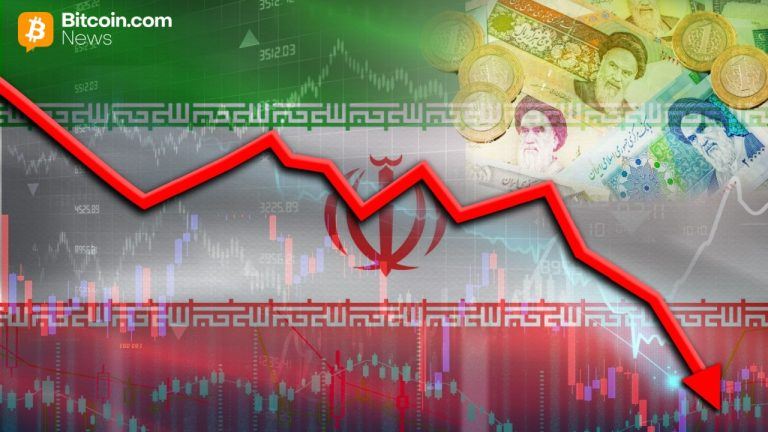
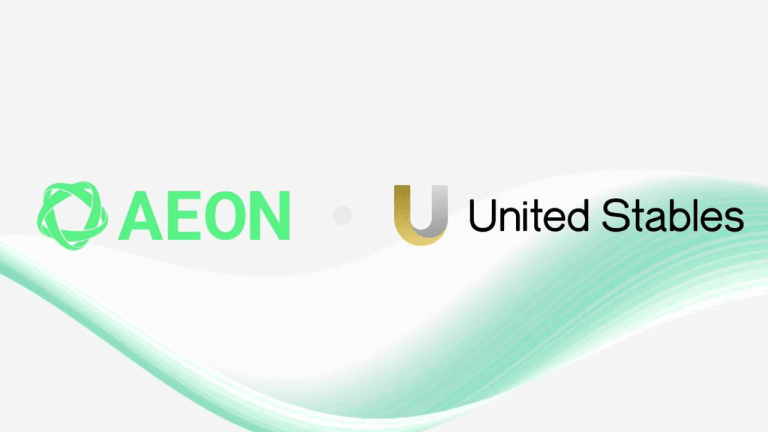

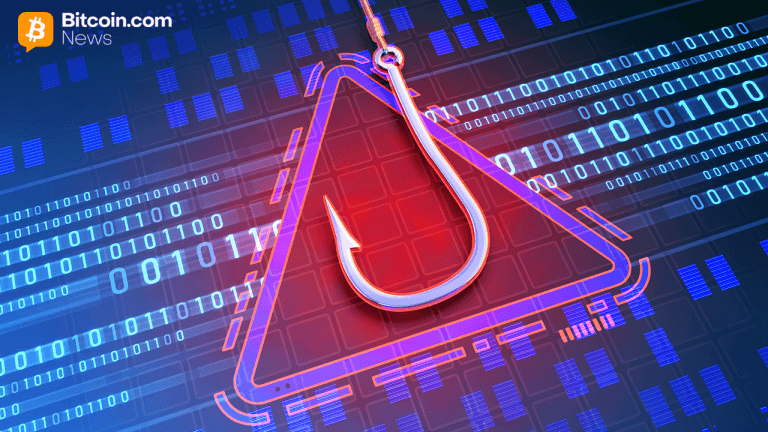







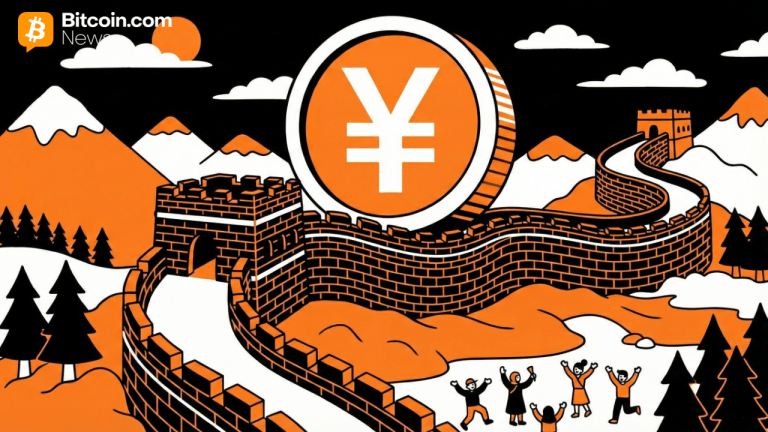
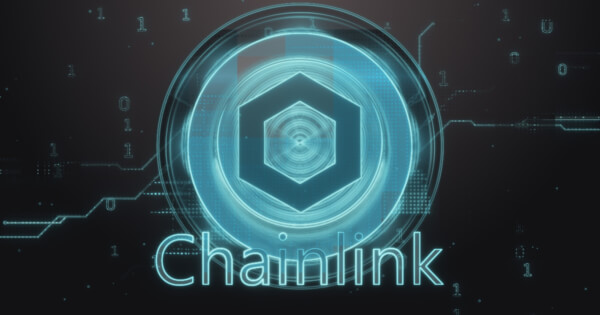
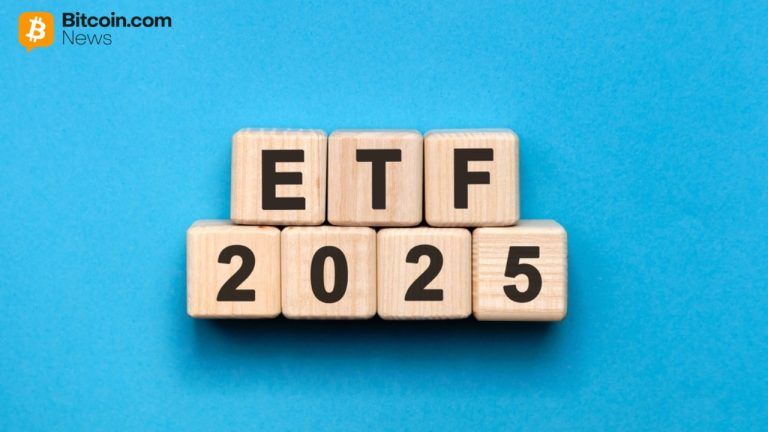




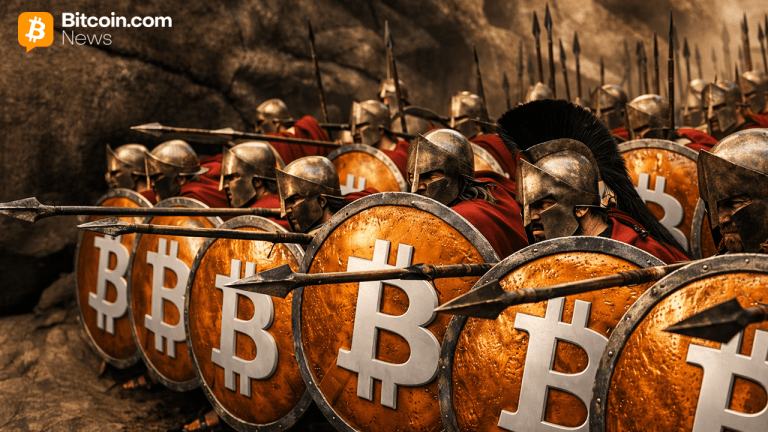

Comments